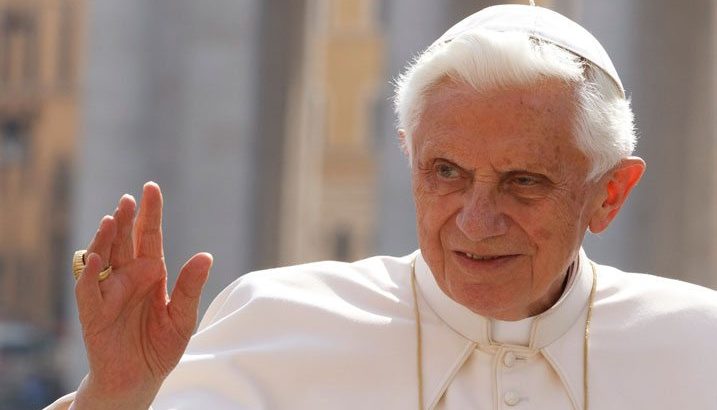“No amount of depravation or social exclusion ever justifies the resort to criminality”, writes Editor Michael Kelly
Notably absent from the debate about the response to murderous gangster feuds in Dublin is morality.
Politicians, policymakers and commentators all agree on the need for a robust policing response. Observers point to Limerick where gang-related criminality was brought under control by an intensive garda presence and a firm resolve from senior officers to bring those responsible before the courts and put them behind bars.
Some other commentators have pointed to social depravation within many of the communities currently experiencing the current upsurge in gun crime.
Undoubtedly, there is truth in both responses. Crime must be confronted by a credible policing response. Social deprivation and inequality – often the seeds of violence and crime – must also be tackled and young people who live in challenging communities must be afforded the same opportunities as everyone else to better themselves and contribute to the building up of society.
But, at a root level, there is a need to talk about morality. There is a need to stand up and say that drug-taking and profiteering from human misery are wrong, and in the Christian worldview, sinful.
No amount of depravation or social exclusion ever justifies the resort to criminality. Such an approach diminishes challenging communities as subjects of our pity rather than human beings capable of transforming their communities for the good.
The Church’s moral voice is diminished, many priests are reluctant to talk about morality. Perhaps a new language needs to be found? An excessive moralism in the Church in Ireland in the past has made many people resistant to speak of ‘right and wrong’.
At the same time, many politicians are in a tailspin, as the taboos of a few short years ago become the prevailing orthodoxies of today.
As a wider society, we have become unable to talk about morality because the sands appear to be constantly shifting. For many, the moral compass is no longer a reliable guide. What Pope Benedict XVI often described as a “dictatorship of relativism” has made many people impotent when it comes to articulating clearly what is right and what is wrong.
Growing up in the North, one of my earlier memories of hearing a politician talk about the civil conflict was the SDLP leader John Hume. On a panel discussion, where all commentators agreed that the campaign of violence by the Provisional IRA was counterproductive, Mr Hume went further. “More importantly,” he said, “violence is not only counterproductive, it is wrong.”
We need the courage to name what is evil as evil.


 Michael Kelly
Michael Kelly Pope Benedict XVI
Pope Benedict XVI